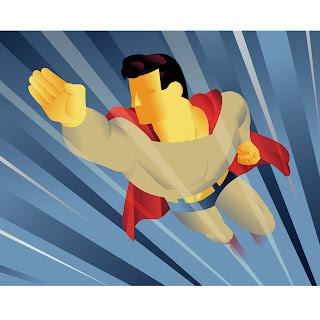Our Cultural Mythology
“I don’t think they are making them an elevated art form. I think it’s still Batman running around in a stupid cape.” — David Cronenberg
Clearly, Cronenberg doesn’t care for “The Dark Knight Rises.” He’s probably not alone, but he’s not in the majority. Cronenberg goes on to say superhero movies are “aimed at kids” and not sophisticated. I have to disagree.
Superhero movies have dominated the cinematic landscape for years, but especially in the new century. Every culture has its form of myths, meant to serve as exciting stories but also to convey larger social ideas. David Cronenberg might not appreciate comic books or films made from comic books, but it’s hard to deny that these stories now serve as America’s cultural mythology.
I know that seems like a bold statement, but consider it for a moment. The Greek and Roman culture had myths in the form of Gods. Aesop had his fables. Grimm had his fairytales. We have comic books. And they serve largely the same purpose — especially in film form where we have used these films to consider larger issues affecting the fabric of our society, government, and culture.
I have long been fascinated by these films, and the messages they seek to explore. In fact, time and again I have looked at these films during my Faith in Film studies precisely because of the messages they contain.
Over the next few weeks on this blog space I will be looking at some of these movies and the larger issues they seek to explore. On Mondays and Tuesdays, beginning Sept. 3, I will be offering my thoughts on the ways this genre continues to speak to larger social, political, and religious ideas. I hope you’ll join in this conversation.




Comments
Post a Comment